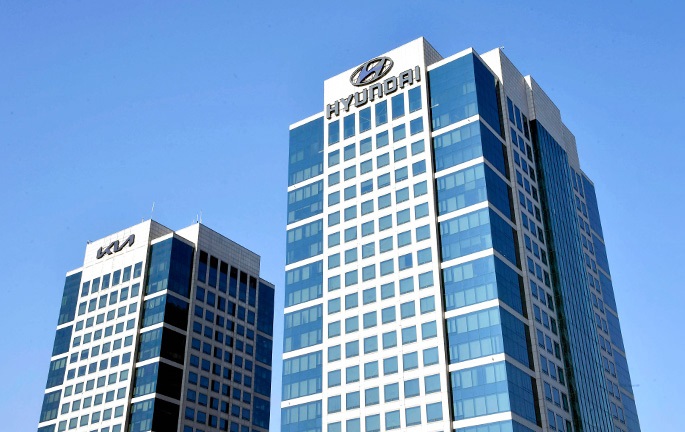On July 21, Hyundai Motor Corporation announced its second-quarter results. Hyundai Motor Co.’s global sales fell in the second quarter amid an unfavorable economic environment, but benefited from a strong sales mix of SUVs and Genesis luxury models, reduced incentives and a favorable foreign exchange environment. The company’s revenue increased in the second quarter.
Affected by headwinds such as a global shortage of chips and parts, Hyundai sold 976,350 vehicles globally in the second quarter, down 5.3 percent from a year earlier. Among them, the company’s overseas sales were 794,052 units, a year-on-year decrease of 4.4%; domestic sales in South Korea were 182,298 units, a year-on-year decrease of 9.2%. Hyundai’s electric vehicle sales rose 49% year-on-year to 53,126 units, accounting for 5.4% of total sales.
Hyundai Motor’s second-quarter revenue was KRW 36 trillion, up 18.7% year-on-year; operating profit was KRW 2.98 trillion, up 58% year-on-year; operating profit margin was 8.3%; net profit (including non-controlling interests) was 3.08 trillion Korean won, an increase of 55.6% year-on-year.

Image credit: Hyundai
Hyundai Motor maintained its full-year financial guidance set in January of 13% to 14% year-on-year growth in consolidated revenue and an annual consolidated operating profit margin of 5.5% to 6.5%. On July 21, Hyundai Motor’s board of directors also approved a dividend plan to pay an interim dividend of 1,000 won per common share.
Post time: Jul-22-2022